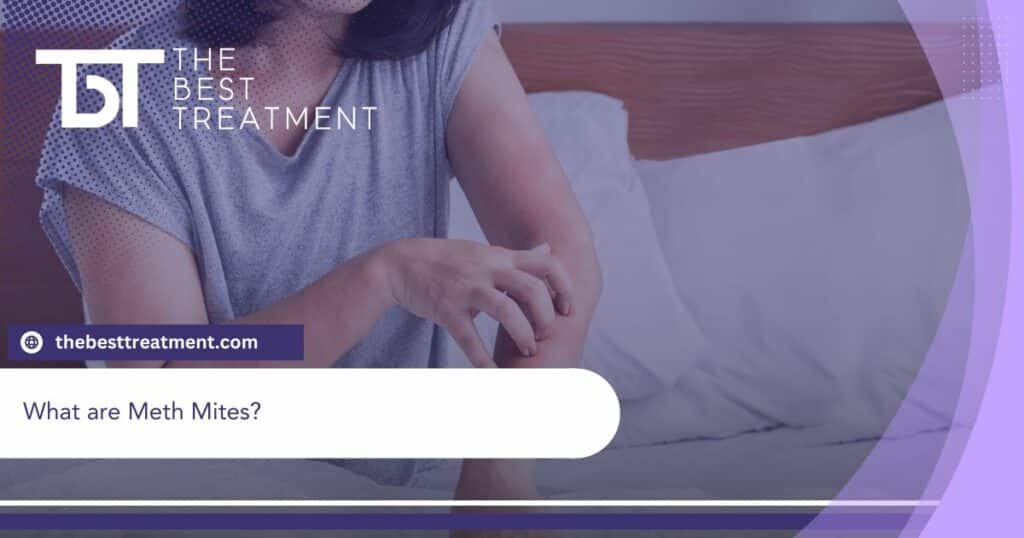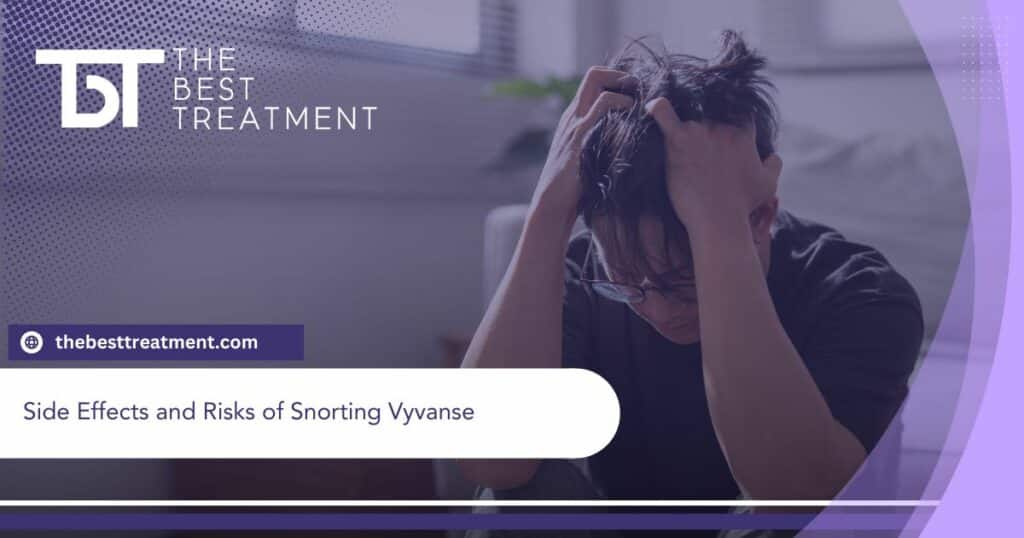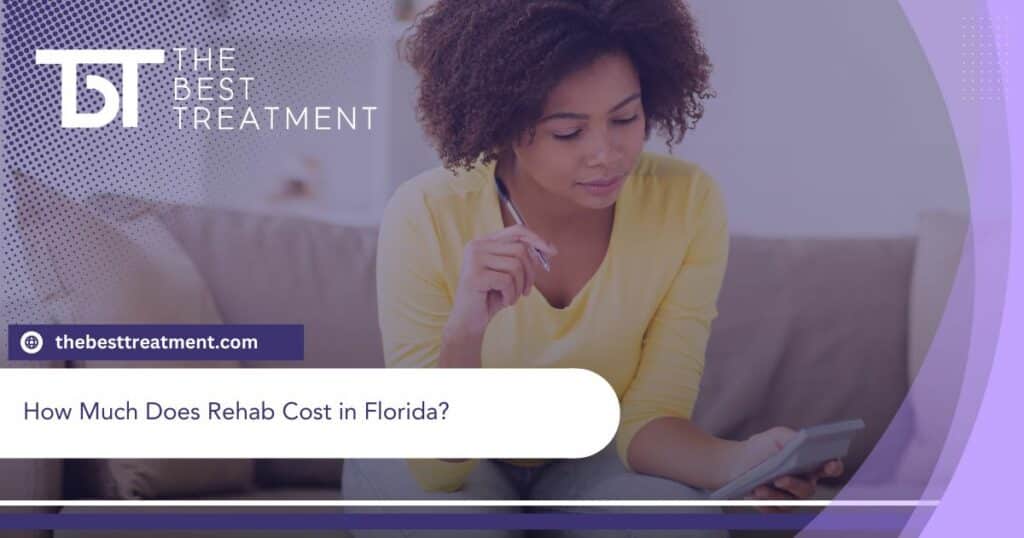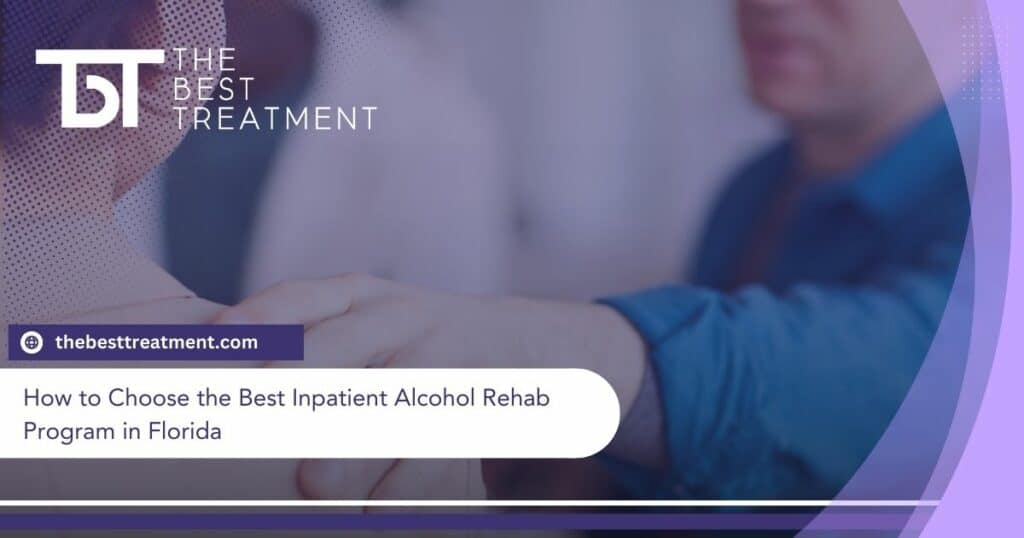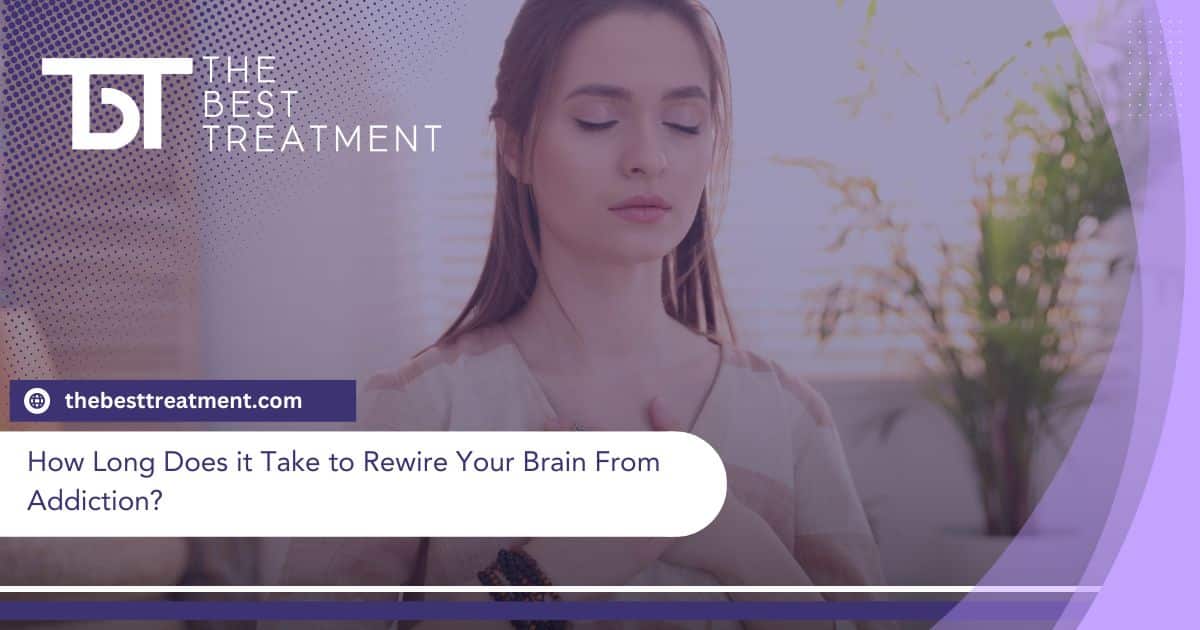Table of Contents
The human brain is an incredible system that can adapt and develop throughout a person’s life. While this is beneficial when people are trying to learn new skills or process novel information, it also means that the brain can adapt and change with repeated drug and alcohol use.
When people use drugs and alcohol heavily or for a long time, their brain gets “rewired,” meaning that they make new connections that associate these substances with pleasure and reward.
Structural and chemical changes in some regions of the brain make it very challenging for people to stop using drugs and alcohol when they want to–even as their substance use causes severe damage to their health, relationships, and emotional well-being.
People with drug and alcohol addiction must seek comprehensive treatment to overcome the physical, psychological, and behavioral aspects of their substance abuse. Treatment, ongoing support, and behavioral changes can all help the brain become “rewired” after addiction.
But how long does it take to rewire your brain from addiction? This article will explore the process of overcoming addiction, including how long it takes your brain to recover and return to its normal state during recovery.
Reach out to the specialists at The Best Treatment to learn about our comprehensive addiction treatment programs or to be connected to support at any stage of your recovery.
How Does Addiction Change the Brain?
Repeated, heavy, or prolonged drug and alcohol abuse can have a profound effect on your brain. Substance abuse can change the physical structure, functioning, and chemical makeup of your brain. It impacts many areas of the brain and its functioning.
The brain’s reward systems
Addictive substances, including many drugs and alcohol, cause your brain to release dopamine and serotonin–two “feel good” neurotransmitters–at higher rates, which can produce euphoria, a “high,” and other pleasurable effects. After a period of heavy use, people’s brains may be unable to produce enough of these neurotransmitters naturally, leaving people feeling depressed, lethargic, or unmotivated without using drugs or alcohol.
Habit loops
Our brains make strong connections to help us function well and retain memories. However, people with addiction often form associations with people, events, and objects related to substance use that can make it difficult to avoid relapse.
Executive functioning
Drugs and alcohol can also impair judgment and cause people to lose their inhibitions, causing them to engage in risky–sometimes life-threatening–behaviors. In time, people with addiction may lose focus on anything other than getting and using more drugs or alcohol.
Changes to the brain caused by addiction can significantly impact a person’s functioning and quality of life. Fortunately, many of these changes are reversible if people receive the comprehensive treatment they need to stop using addictive substances and rewire the brain from addiction.
How Long Does it Take to Rewire Your Brain From Addiction?
While many addiction rehab programs are 30, 60, or 90 days, lasting change and recovery takes much longer.
Some medical experts and addiction specialists believe that it takes a little over a year–about 14 months– for the brain to be rewired after you stop using drugs and alcohol. However, recovering from addiction is not a one-size-fits-all process. Several factors can affect how long it takes to rewire your brain from addiction, including:
- The substance you abused
- The length and severity of your addiction
- Co-occurring mental health conditions
- The treatment you receive
People with shorter periods of substance abuse may heal more quickly than people who use drugs and alcohol for many years. Those with severe physical or mental illness may need more time to overcome the complex physical and emotional roots of their addiction. People who receive intensive, evidence-based treatment and ongoing support may have better outcomes and quicker recoveries than those who do not.
It’s important to remember that addiction is never truly healed and that people can relapse at any point. Rewiring your brain from addiction is a lifelong process, and you must stay active and engaged in your recovery to avoid slipping back into destructive patterns of substance use.
The Process of Rewiring Your Brain From Addiction
Addiction recovery–rewiring your brain after addiction–takes time, patience, and plenty of support. Unlearning destructive habits and replacing them with ones that support sobriety takes time. Recovery typically happens in stages.
Withdrawal
Withdrawal occurs when you stop using addictive substances. During this time, your brain and body will begin to adjust to the absence of drugs and alcohol. Withdrawal can be very uncomfortable, and people often require professional help to remain sober until detox is complete.
Rewiring
Addiction treatment programs are designed to rewire your brain from addiction by helping you to understand what caused you to begin using drugs and alcohol and learning new skills to avoid relapse. This process usually includes group and individual therapy, education, support groups, coping skills development, and holistic therapies that support overall well-being.
Maintenance
Since addiction can’t be “cured,” people living with addiction need to develop and follow an aftercare plan to ensure they remain committed to sobriety for life. This may include participating in regular mental health and medical treatment, taking medications, seeking other levels of treatment, and other activities that keep them focused on recovery.
Rewiring your brain after addiction can seem like a monumental task, but recovery happens in stages. With the right support and care, you can learn new skills, develop new habits, and find the right treatment to live the healthy, sober lifestyle you choose.
Find Help Now
At The Best Treatment Center, we believe in a holistic approach to addiction treatment. We believe healing the mind, body, and spirit is essential when it comes to breaking through the chains of addiction.
Reach out to the specialists at The Best Treatment now to learn about our comprehensive substance abuse treatment programs or to schedule an intake assessment now.
Medically Reviewed: September 25, 2019

All of the information on this page has been reviewed and verified by a certified addiction professional.





